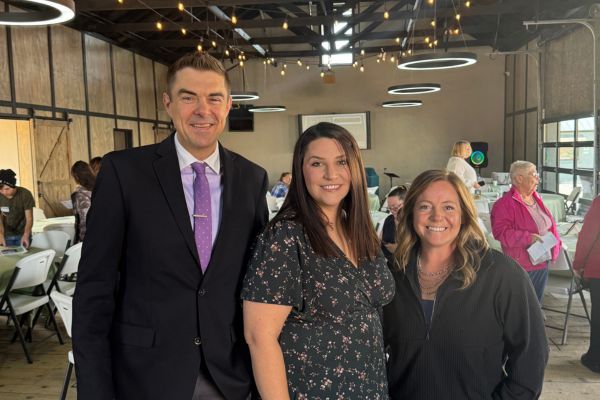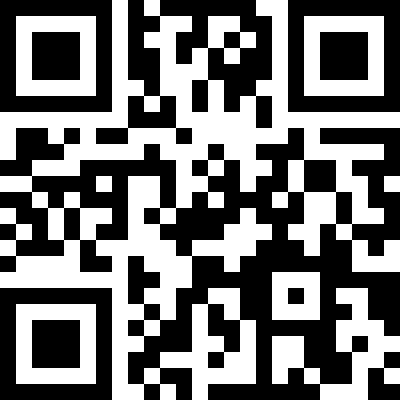What you Need to Know
By definition, breast cancer is a disease in which malignant cancer cells form in the tissues of the breast. In reality, it’s the second leading cause of death among women, though it affects all genders.
Even though breast cancer is a serious danger that kills thousands of people each year, if it is detected early enough and is in the localized stage, the survival rate is nearly 100%. That’s why encouraging everyone to check themselves or get a clinical breast exam is so important.
What you Need to do
Adult women of all ages should perform a breast self-exam at least once a month. John Hopkins Medical center said that “forty percent of diagnosed breast cancers are detected by women who feel a lump, so establishing a regular breast self-exam is very important.” For more information on early diagnosis, check out nationalbreastcancer.org.
While finding a lump in your breast doesn’t always mean you have cancer, if you ever become concerned about an abnormality during a self-exam, don’t hesitate to schedule a clinical breast exam with your doctor. Catching cancer early is key.
It’s Time to Get Covered
If you aren’t already, getting coverage through Nevada Health Link should also be high on your list of priorities. Not only will you feel safer knowing that you have coverage should anything go wrong, but many preventative health costs are covered with even the most basic of plans. As part of a Qualifying Life Event (QLE), you may be eligible for a Special Enrollment Period (SEP). In other words, certain life events or situations, such as job loss, income change, marriage/divorce or birth/adoption of a child, may allow you to enroll in an insurance plan through Nevada Health Link outside of the annual open enrollment period.
All of our health plans exist to reduce the costs of health insurance and make sure you are covered. We’re always to help, so don’t hesitate to reach out for assistance.
In the end, the fight against breast cancer is one that we can win, as long as we make it known what steps need to be taken to catch breast cancer early. For more information on breast cancer check out these resources.








